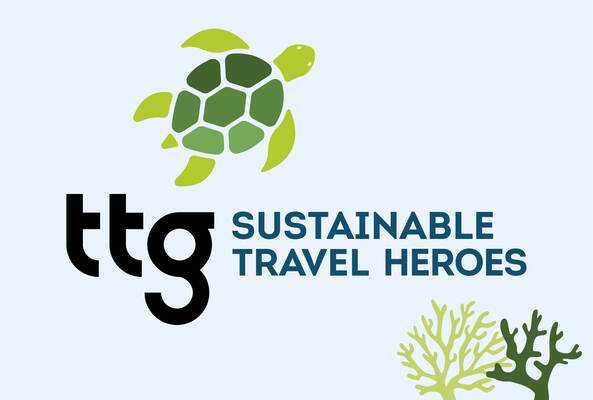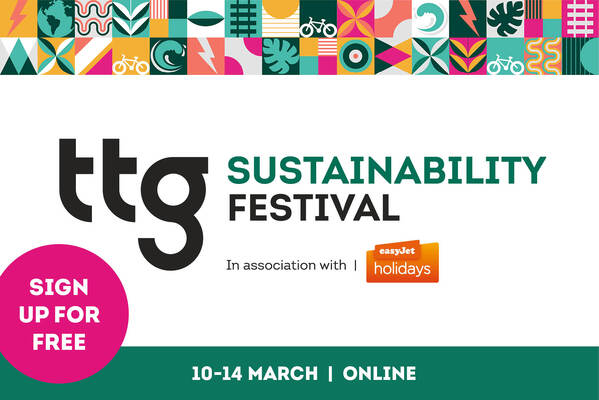How to practise mindful marketing in unpredictable times
In these uncertain times, travel businesses must continue their marketing efforts while being mindful with their messaging. Vaishali Shah, founder of marketing and branding consultancy Creative ID, explains how
It has been demonstrated on multiple occasions in the past that businesses should continue actively marketing and promoting themselves during economic downturns and times of uncertainty. Travel businesses, now more than ever, need to be visible and keep in touch with their customer base. This is not a time to bury one’s head in the sand. Businesses that have successfully marketed themselves have gained market share, increased brand reputation and credibility.
Here are my top five tips for marketing with sensitivity during the coronavirus crisis.
1. Keep it customer-centric
Through your social media, your email newsletters, your website and across all your marketing, put the customer first.
Be empathetic. Businesses who demonstrate sensitivity to the emotions of their customers will be in a better position to build and strengthen relationships.
As you formulate and prepare your messaging, understand the fears and discomfort travellers have faced during the pandemic. Several airlines and travel businesses did not put the customer first or communicate effectively in terms of refunds and cancellations, so business owners need to reverse the resulting negative mindset in their customers.
Focus on your existing customers and use your database or email lists to nurture them. Customer retention and brand loyalty are key now. It is more cost-effective right now to retain your existing customer base rather than to seek out new customers.
Marketing needs to be aimed at bringing back confidence and reassuring travellers that it is safe to travel. To re-establish trust travel agents need to show how they and their suppliers will take care of passengers through the journey.
While the trend for booking online has increased over the years, with the current uncertainty about travel, travel agents have an opportunity to give a more personal and compassionate service, explaining policies and terms and conditions, for example. Clear and transparent messaging is essential.
2. Personalise, personalise, personalise
Customer expectations are continually changing and personalisation is an important trend for many businesses globally.
Within the travel industry, businesses should look at creating tailor-made experiences and really catering to their customers.
By offering cost-effective personalisation options, this can help create unique and memorable experiences for customers. This will in turn encourage them to continue to travel with you going forward. Examples include personalised recommendations for excursions, opportunities for upgrades or free gifts such as spa treatments or meals, and attractive loyalty schemes.
Stay in touch with customers who have already booked with you, as well as customers who are on your database who have not booked a trip anywhere yet.
Make your communication regular, relevant and meaningful. For example, you can keep in touch with your customers with a countdown to when they are travelling or give options for add-ons. This will be considered helpful, a value-add, and gives businesses an opportunity to stand out.
3. Be flexible
Businesses need to be agile in their marketing, continually monitoring and reviewing their efforts, focusing on what is working well and tweaking what is less effective. Businesses need to look at both the short and long term. They should also look for cooperative and collaborative opportunities – for example, could they collaborate with a travel partner or a local business on their high street?
4. Be digital
Social media is an effective marketing tool but communications should not always be about the sale. Include messaging that makes your business more personable and human, to build up comfort, connection and compassion. Agencies could reveal more about the team behind the business to give a more personal behind-the-scenes feel.
Encourage customers to share their experiences of travelling while away and on their return on social media, ideally tagging in your agency. You could even create a hashtag to give to your customers and encourage user-generated content for your social media channels.
5. Embrace technology
As more people research and even book holidays from their smartphones, travel businesses can look at the mobile experience and customer support that they currently offer.
There may be opportunities to improve the booking experience and real-time live customer support. Those businesses who have not been able to embrace online and mobile technology so far should certainly consider this going forward.


















